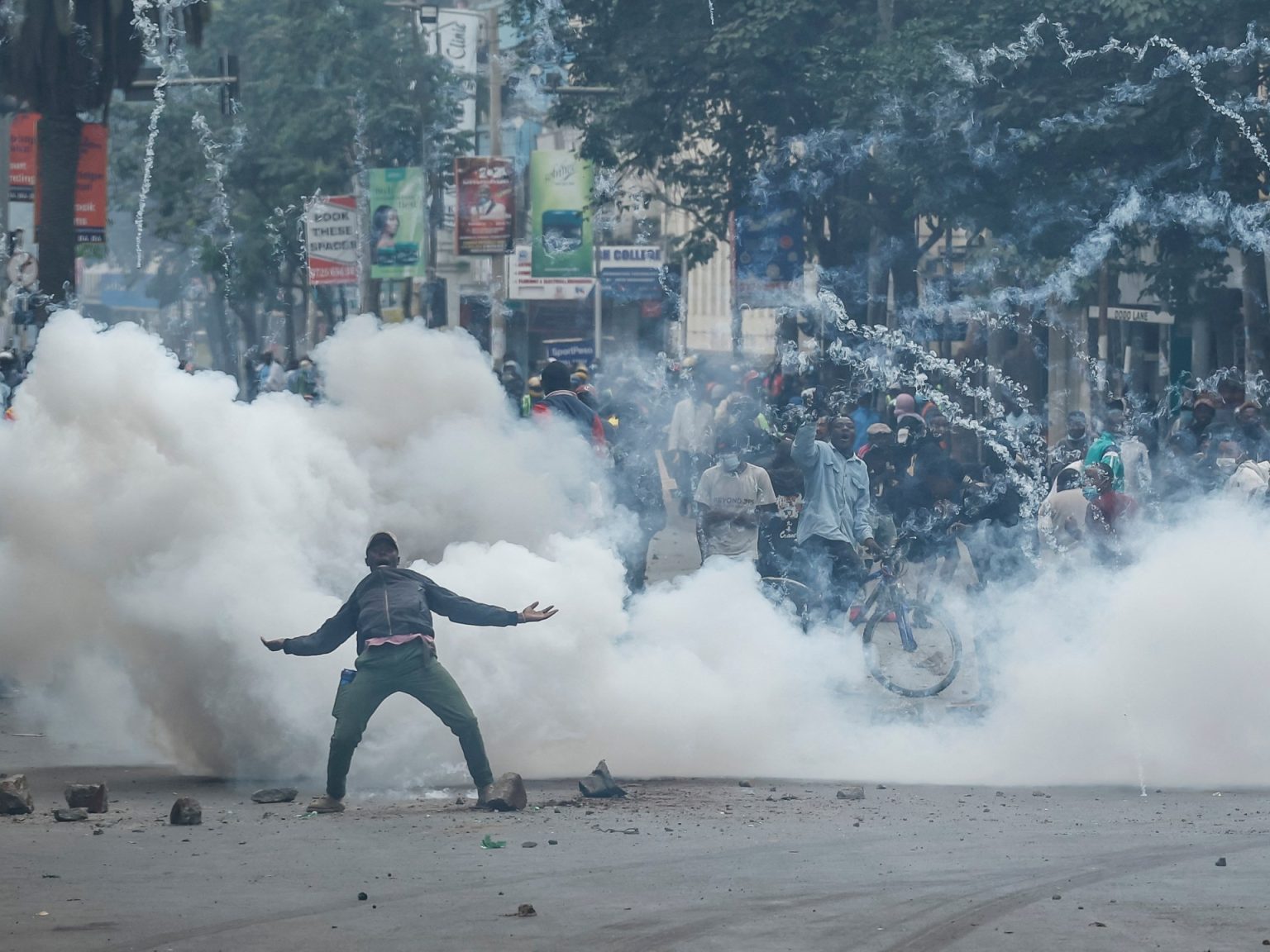Kiswahili, the most widely spoken African language, has a unique grammatical feature that allows for the creation of negative forms of infinitive verbs, giving rise to the concept of undoing actions. This linguistic characteristic provides a framework for understanding the ongoing events in Kenya, which the author describes as “ungoverning”. The country is experiencing a period where institutions and rules are being undermined by the state itself, leading to a breakdown in governance and societal cohesion.
The unrest in Kenya was sparked by attempts to push through a controversial finance bill in Parliament, leading to widespread protests and violent police crackdowns. The unprecedented wave of demonstrations has resulted in numerous deaths and calls for the president to step down. The author argues that these actions represent deliberate decisions by those in power to misuse or undermine political institutions in order to consolidate the president’s authority, highlighting a significant departure from the principles of the country’s constitution.
The lack of independence and accountability in Kenya’s National Assembly is a key factor contributing to the current state of ungoverning. Elected officials have openly declared loyalty to the president over their constituents, undermining the separation of powers enshrined in the constitution. The president’s actions, such as reshuffling his cabinet with controversial figures and cracking down on protests, further exemplify the erosion of democratic principles in the country.
The violent suppression of dissent and disregard for constitutional rights in Kenya signal a broader trend of ungoverning seen in other countries as well. Populist administrations around the world are dismantling democratic protections and institutions, prioritizing power acquisition over governance. The author emphasizes the importance of re-establishing transparency, accountability, and democratic processes to overcome the current crisis and move towards genuine governance.
While the future of Kenya remains uncertain, the author suggests that a shift towards resolving the crisis requires a commitment to democratic principles and accountability. By acknowledging the need to undo the damage caused by ungoverning practices, there is a potential path towards reconciliation and healing. Ultimately, the events in Kenya reflect broader global trends of governance breakdowns and the urgent need for reinvigorated democratic systems.













